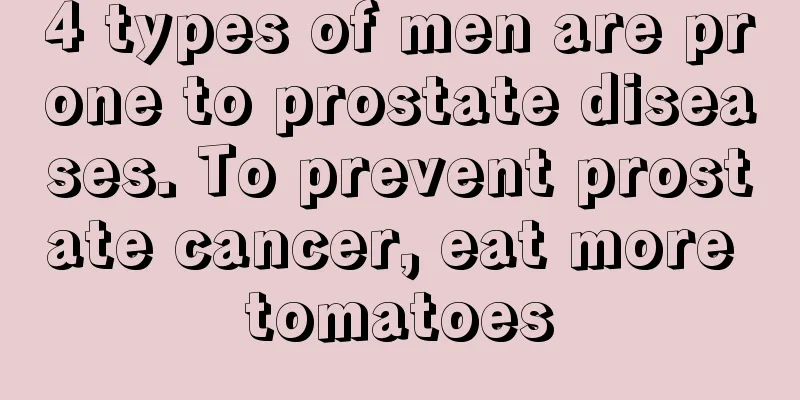How to differentiate nasopharyngeal carcinoma from nosebleed and how to provide care

|
Symptoms of nasopharyngeal cancer sometimes manifest as nose bleeding, but there are certain differences between the two. Below, the editor will introduce to you: How to distinguish nasopharyngeal cancer from nose bleeding? How to take care of it? Nasopharyngeal carcinoma mainly occurs on the top and side walls of the nasopharyngeal cavity. It is one of the most common tumors in my country and has become a major killer that seriously threatens people's health and life. Nasal bleeding is often an early symptom of nasopharyngeal carcinoma, especially bleeding in the early morning. If the nosebleed is caused by dryness or inflammation of the nasal cavity, the bleeding time is usually not long, and the bleeding can be stopped by tilting the head or pressing; the bleeding of nasopharyngeal carcinoma is repeated and continuous, and then there will be aggravated symptoms, accompanied by tinnitus, hearing loss, ear blockage and other symptoms. At this time, you should go to the hospital for a nasopharyngeal endoscopy to make a correct diagnosis and treatment. Because nasopharyngeal cancer patients are affected by the disease, have heavy psychological burdens, poor appetite, and low resistance, family members should be guided to encourage patients to eat, and give them high-protein, high-vitamin, low-fat, easily digestible foods, such as beans, milk, fungus, carrots, etc. Tell patients to quit smoking and drinking, avoid eating raw, cold, hard food, spicy food, and moldy food. At the same time, guide family members to create a clean and comfortable eating environment for patients, pay attention to color, aroma and taste, provide patients with delicious food, and provide patients with rich nutrition. The diet should be balanced, eat more vegetables and fruits, and give less oil, light, high protein, high calories, high vitamins, and more iron. Avoid smoking and drinking, and avoid irritating the oral and nasal mucosa. After radiotherapy, if the food is tasteless or has a peculiar smell and the oral mucosa reacts, encourage the patient to eat small meals frequently. If the oral reaction is severe, give a semi-liquid diet and encourage drinking more water. From the above, we can see that when the nose bleeds, we must pay attention. If we cannot judge clearly, we must seek medical attention in time to avoid missing the best time for treatment. |
<<: Can rhinitis lead to nasopharyngeal cancer? How to prevent it?
>>: How many centimeters above which stomach cancer is not considered early stage
Recommend
What are the foods that contain vitamin C?
Vitamin C is an essential nutrient for the human ...
What are the dietary taboos for early lung cancer? The main dietary principles for early lung cancer
What should we do if we have lung cancer? In addi...
Dangers of putting ginger in the navel
Ginger is a very common condiment in our daily li...
Causes of Breast Cancer
Although breast cancer is the most common maligna...
Can people with nasopharyngeal cancer eat snakehead fish?
The dietary care of nasopharyngeal cancer patient...
Total bilirubin 29
Total bilirubin is a very important test indicato...
Is surgery necessary for early stage lung cancer?
Currently, surgery is the preferred treatment for...
What to eat on the beginning of spring, spring plate and spring pancake
The Beginning of Spring is the beginning of sprin...
MRI for prostate cancer
Magnetic resonance imaging for prostate cancer? I...
Experts explain the harm of PM2.5 to the human body and the resulting fetal defects
PM2.5 refers to particles in the atmosphere with ...
After esophageal cancer appears, it manifests itself in many parts of the body
After esophageal cancer appears, it will manifest...
Clinical manifestations of colon cancer
The clinical manifestations of colon cancer are a...
The difference between lotus seeds and water chestnuts, come and learn more!
We should eat lotus seeds in our daily life, but ...
How long can you live with peritoneal metastasis of colon cancer
Colon cancer also has the characteristic of metas...
Can dandelion water be taken as medicine?
Dandelion is one of the many wild vegetables. Alt...









